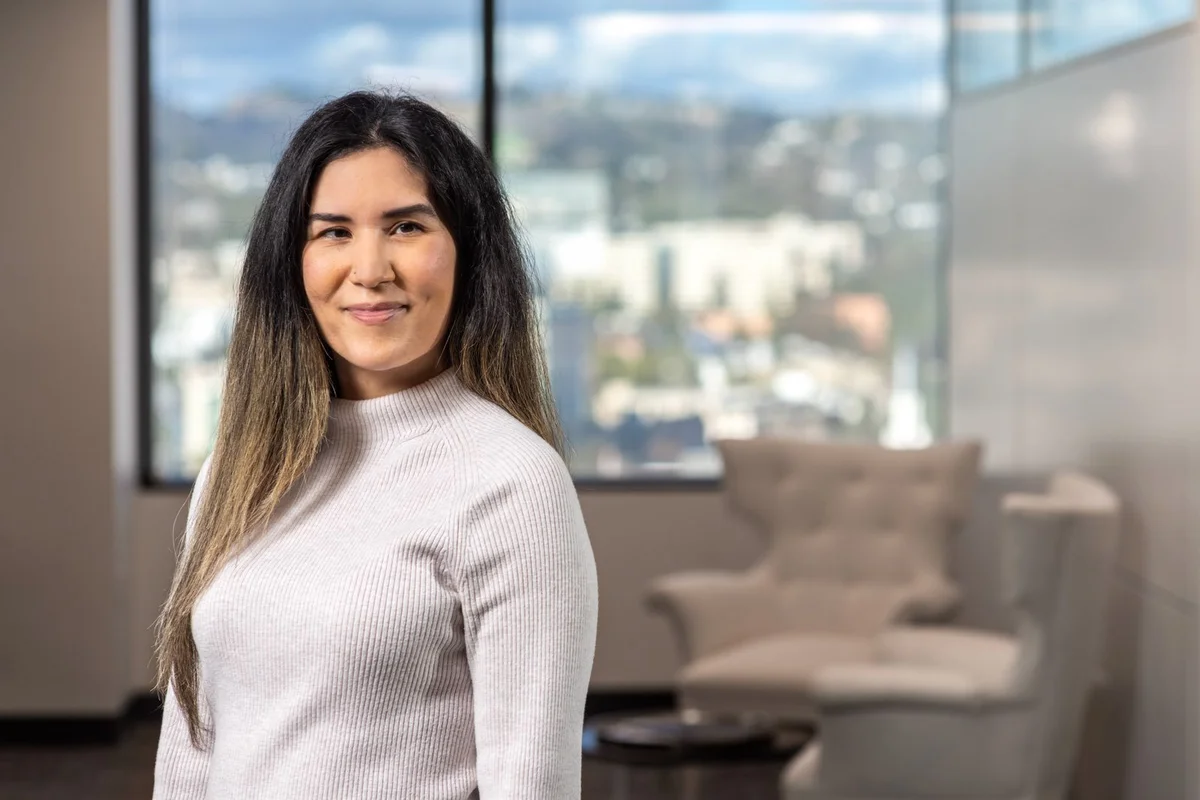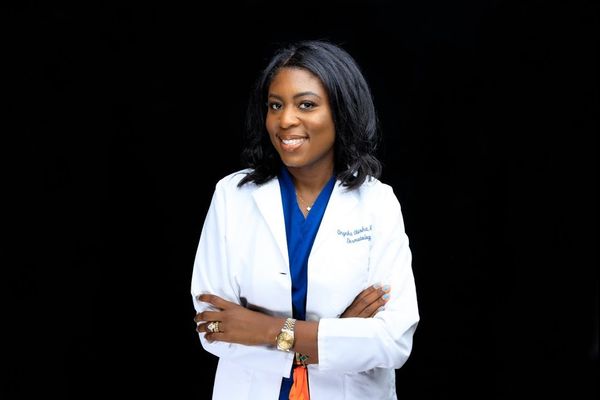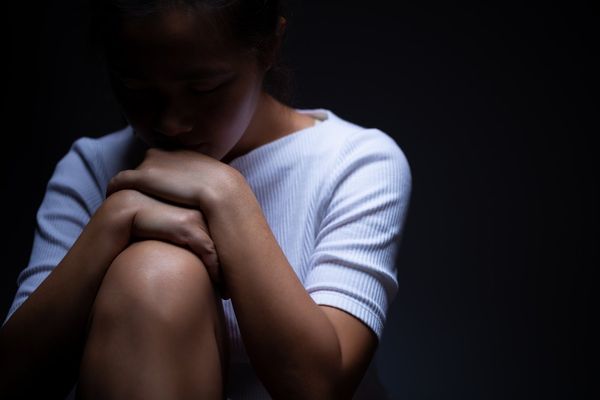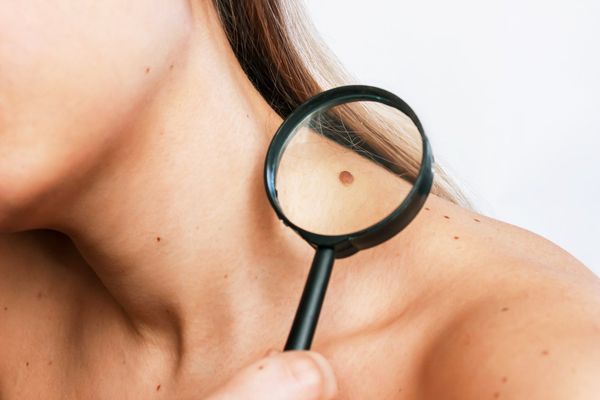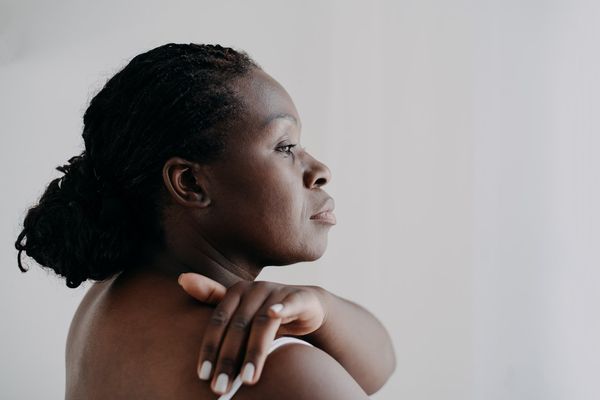As told to Nicole Audrey Spector
I grew up in a family where wearing sunscreen wasn’t talked about and was rarely used. Quite the opposite actually: We doused ourselves in suntan oil and baked in the sun. The more sun, the better!
As a Hispanic woman with brown-colored skin, I enjoyed watching my skin shade become darker in the summer months.
No one in my family knew much about melanoma or that anyone can get it.
In 2020, during the height of the Covid-19 pandemic, I noticed that a mole on my ankle was getting darker. By this time, I was much more educated about the dangers of skin cancer. As a health writer, I’d covered a story about a young woman who had melanoma and eventually died from it after the cancer returned and spread.
I made an appointment with a dermatologist. We met over video chat because the strict Covid protocols prevented an in-person checkup.
The dermatologist examined the mole as best he could through our virtual visit and said it looked normal. He didn’t give me any more information, such as the signs to look out for or what changes to be aware of, which, looking back, would have been helpful.
A year later, a totally different skin issue popped up. I had what ended up being a dermatofibroma — a small round bump — on my back. It was itching and bothering me. So, I went in person to a new dermatologist. She diagnosed the dermatofibroma and said it wasn’t cancer but still recommended giving me a full body skin exam. This involved looking carefully at every mole on my body.
I showed her the mole on my ankle that the previous dermatologist wasn’t worried about. She thought it looked suspicious and biopsied it then and there.
A week later, she called me and said the mole revealed melanoma. The next step involved numbing my skin and removing a half-dollar-coin-sized amount of tissue to be sure the melanoma hadn’t spread.
I was shocked at my diagnosis and so was my family. I was young, healthy and educated. I wrongly assumed that when you have all those boxes checked, you’re safe from developing illnesses or ailments. There’s also an idea that Hispanics/Latinx people don’t get skin cancer — but they certainly do.
Though the melanoma was caught early in my case, the word “cancer” holds a certain weight. When you hear you have melanoma it causes you to reflect, think of what’s important and inspires you to let others know that this could happen to them, too.
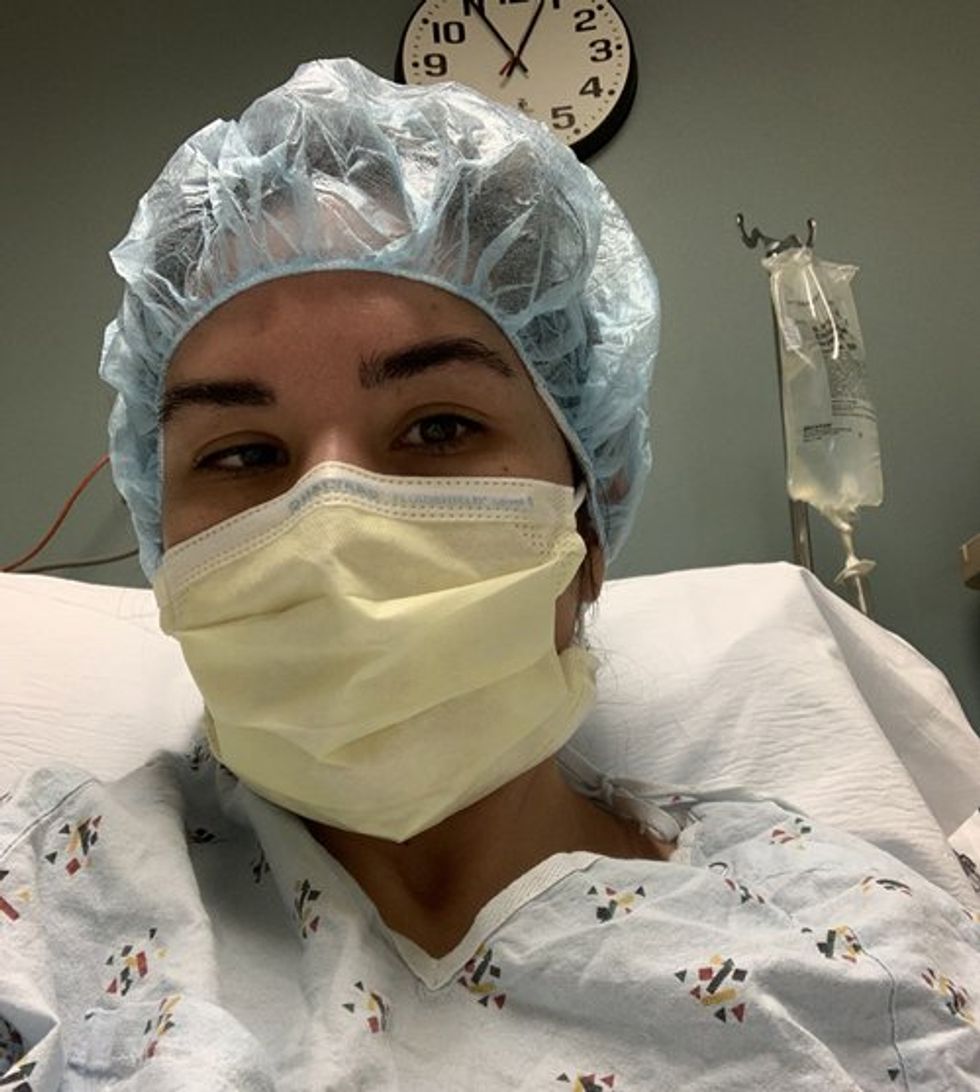
I found additional comfort in meeting with the surgeon who would be performing the procedure. He specialized in burns and wounds. I also met the anesthesiologist who’d be working with the surgeon. He helped calm my nerves about the surgery, and also told me that he’d had basal cell carcinoma on his face, and it had been successfully removed.
“You’re going to be fine,” he assured me. “We’re going to take care of it.”
One of the nurses preparing me for surgery shared that she’d survived skin cancer, too.
“People with darker skin often think skin cancer only happens to people with lighter, more fair skin,” the nurse said.
I agreed with her. After all, I too had once thought that.
I’m extremely lucky that the surgery removed all the cancer. The melanoma had not spread, and I didn’t need any more treatment. I am cancer-free to this day, but I still have full body skin checks every three months.
My focus is largely on raising awareness in the Hispanic/Latinx community. I started at home with educating my parents on the importance of sun safety (like using sunscreen even on areas where you wouldn’t think to put it, such as your ankles or on the back of your neck). I also got my mom and dad to get full body skin checks — something they’d never thought to do before.
I don’t know that my parents and my extended family totally “get it.” But I won't give up on them. I insist that they practice sun-safe habits and get their annual skin checkups.
I’ve also done some advocacy work on social media to share the threat of skin cancer among people of all races, ethnicities, backgrounds, socioeconomic status and education. I was touched when a melanoma survivor reached out to me to let me know how happy she was that I was sharing this message.
I want everyone to know that the sun doesn’t discriminate. Reach out to your dermatologist and get checked. A simple yearly exam can save your life.
Melanoma Resource List
HealthyWomen Resources
- My Melanoma Was Dismissed as an Inflamed Hair Follicle
- The ABCDEs of Spotting Melanoma
- Why Are People of Color More Likely to Die from Skin Cancer?
- Melanoma 101 — Risk Factors, Diagnosis, Stages and Treatment
- What Is Melanoma? A Reel by Dr. Obioha
En Español
- El ABCDE para identificar melanomas
- Melanoma 101 — Risk Factors, Diagnosis, Stages and Treatment
- Estaba equivocada al pensar que la etnia me hizo inmune al cáncer de piel
- ¿Por qué las personas de color tienen más probabilidades de morir de cáncer de piel?
Additional Resources
- Melanoma - Symptoms and causes
- Melanoma Skin Cancer | Understanding Melanoma
- Racial Disparities in Skin Cancer Diagnosis, Prognosis, and Treatment - Oncology Nurse Advisor
- How to prevent skin cancer (aad.org)
- Black Derm Directory | BDD | Skin of Color Dermatology
This resource was created with support from Merck.

